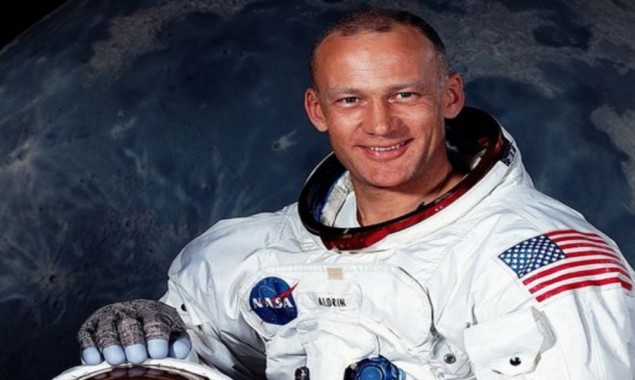
Michael Collins, the third astronaut on the first manned mission to the moon, Apollo 11, has died at the age of 90.
When the Apollo 11 mission reached the surface of the moon on July 20, 1969, Neil Armstrong and Buzz Aldrin were among the first humans to step on the surface of the moon.
We mourn the passing of Apollo 11 astronaut Michael Collins, who piloted humanity’s first voyage to the surface of another world. An advocate for exploration, @AstroMCollins inspired generations and his legacy propels us further into the cosmos: https://t.co/47by569R56 pic.twitter.com/rKMxdTIYYm
— NASA (@NASA) April 28, 2021
However, he was accompanied by a co-pilot and astronaut Michael Collins, who commanded the Eagle spacecraft.
A statement issued by his family yesterday said that Michael Collins had died of cancer.
Michael Collins, often described as the “forgotten” third astronaut on the historic mission, was alone in the spacecraft for more than 21 hours until his two companions returned to the moon.
Each time the spacecraft orbited the dark side of the moon, it lost contact with the Houston-based mission control.
Michael Collins described his experiences in his autobiography, Caring the Fire, in 1974, but it was not widely publicized.
In a statement issued by NASA in 2009, he said, “I know that I would be a liar or a fool if I said that I have the best of the three Apollo 11 seats, but I can say with truth and equanimity that I am perfectly satisfied with the one I have.”
Michael Collins was born in Rome on October 31, 1930, and Neil Armstrong and Buzz Aldrin were born the same year.
He was the son of a US Army general and, like his father, attended the US Military Academy in the West Point area of New York and passed out in 1952.
Like many of the first generation of American astronauts, Michael Collins began his career as an Air Force training pilot.
In 1963, NASA selected him for its astronaut program, which was still in its infancy but was advancing rapidly during the Cold War because the United States wanted to overtake the Soviet Union and man on the moon by the end of the decade. John F. Kennedy, then president, wanted to fulfil the president’s commitment to step down.
He made his first space flight in July 1966 as a pilot of the Gemini X, which was part of NASA’s Apollo program making missions.
The Gemini Expedition successfully carried out the docking with a separate target vehicle.
Michael Collins’ second and final spaceflight was the historic Apollo 11.
He avoided the media’s congratulations to the astronauts returning to Earth and often criticized celebrities later.
After a brief government career, he became the director of the National Air and Space Museum and resigned in 1978.
He is also the author of several books on space.
He once recalled the Apollo 11 voyage, saying that when he looked back at Earth, it looked “weak.”
Michael Collins said, “I really believe that if the political leaders of the world could see their planet from a distance of 100,000 miles, their outlook could be fundamentally changed. That all-important border would be invisible, that noisy argument silenced.”
His family said in a statement that they knew he was lucky to have lived the life of Michael Collins.
“how lucky Mike felt to live the life he did,” the statement said.
Read More News On
Catch all the Sci-Tech News, Breaking News Event and Latest News Updates on The BOL News
Download The BOL News App to get the Daily News Update & Follow us on Google News.




